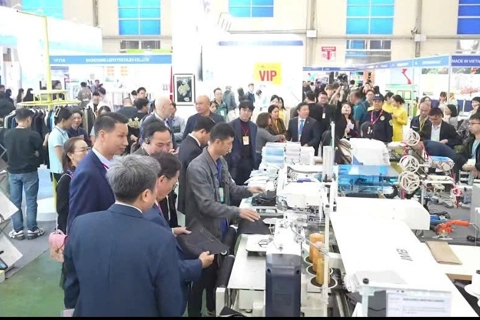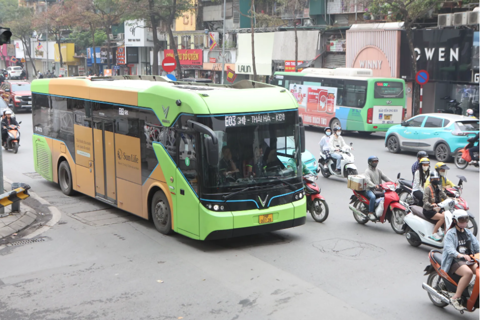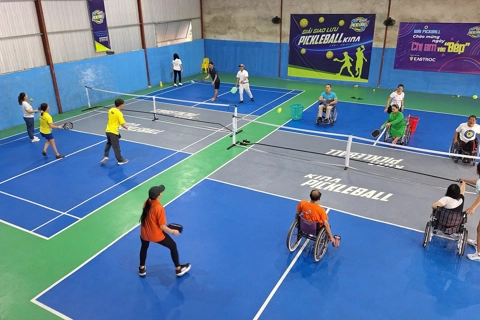Hanoi to curb persistent plastic products from November 2019
Hanoi strives to minimize facilities producing plastic consumer packaging by 2020.
The Hanoi People's Committee has asked all municipal agencies and organizations in the city not to use persistent plastic bags, disposable plastic products and limit 80% of persistent plastic products from November 2019, local media reported.
| Illustrative photo |
The move aims to gradually reduce disposable plastic bags used in daily activities and production from 2020 and minimize plastic waste in the city.
In order to fulfil the task, Hanoi’s authority requires all state-owned agencies and organizations, as well as enterprises in the city not to use plastic water bottles (330ml - 500ml) in workplaces and at meetings, conferences, seminars and outdoor activities. They can be replaced with other environmentally friendly materials such as water bottles with large volumes (> 20 liters), glass jars, paper water bottles, among others.
Especially, plastic cups, plastic straws are not allowed and the use of persistent plastic bags should be minimized in shopping and transportation activities at agencies and workplaces.
To achieve the goal, Hanoi’s authority has assigned related units to raise public awareness about the harmful effects of plastic bags and plastic waste. The city has also suggested some proactive measures to curb persistent plastic products in daily life.
Besides, Hanoi strives to minimize facilities producing plastic consumer packaging by 2020, encourages them to use modern technology to recycle plastic waste, sets out a roadmap for businesses to produce and use environmentally friendly bag products.
This is part of Hanoi’s efforts in response to the government’s call to reduce single-use plastic products in the country, which is among the five largest plastic polluters in Asia.











